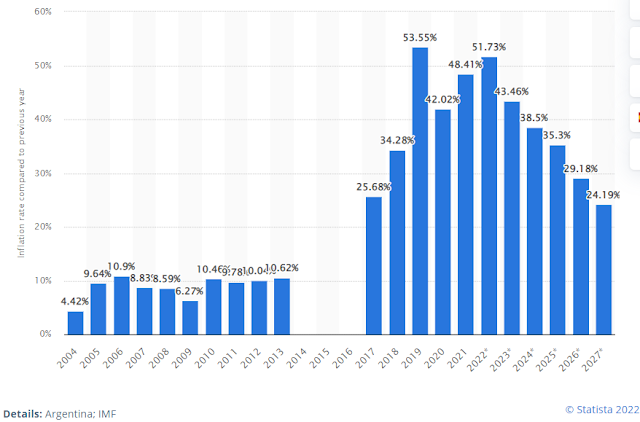Basketball superstar Caitlin Clark recently went pro for a salary of $76,535. What's going on? The LA Times has the story of rags and riches...
Caitlin Clark is worth millions. Why will she only make $76,535 in base salary as a WNBA rookie? By Chuck Schilken
"Clark, the Iowa phenomenon who set the NCAA career basketball scoring record and helped the women’s March Madness tournament reach all-time highs in TV ratings, was the No. 1 overall pick for the Indiana Fever in Monday’s WNBA draft.
"Her jersey sales are already through the roof. The league scheduled the Fever for 36 nationally televised games, more than any other team this season, several days before Clark officially became a member of the team. Likewise, tickets for opposing teams’ home games against Indiana saw a spike in interest (and price) long before draft night.
Clark will make $76,535 in base salary this year as a WNBA rookie, part of a four-year contract worth $338,056.
...
"Those salaries are the maximum allowed for rookies, as laid out in the most recent collective bargaining agreement between the WNBA and its players association.
...
"As the WNBA pointed out in a statement emailed to The Times on Tuesday night, however, Clark will have the opportunity to make more money on top of her base salary.
“Caitlin Clark stands to make a half million dollars or more in WNBA earnings this coming season,” the statement read, “in addition to what she will receive through endorsements and other partnerships, which has been reported to already exceed $3 million.”
...
"In addition to the individual endorsement deals she has already secured, Clark will undoubtedly will have a stream of other lucrative opportunities come her way. BIG3 co-founder Ice Cube has offered Clark $5 million to become the first female player in his three-on-three basketball league.
"Still, it might come as a bit of a shock to learn how relatively little Clark and other star WNBA rookies will make in base salary, especially compared with their counterparts in other leagues. Like Clark, Victor Wembanyama was seen as a generational talent when he was selected No. 1 overall by the San Antonio Spurs in the 2023 draft. His four-year rookie contract is worth $55.2 million."
##########
Update:
How Nike Won the Battle for Caitlin Clark By Rachel Bachman, WSJ, April 19, 2024
"When it came to Clark, Nike looked even further into the future. The duration of the proposed contract, eight years, suggests that the brand sees not only long-term stardom potential, but truly global appeal. The next eight years, Nike executives reasoned, would give Clark a chance to represent the U.S. at three Olympic Games—this summer in Paris, 2028 in Los Angeles, and 2032 in Brisbane, Australia. (The U.S. roster for Paris won’t be announced until June or July.)
"Nike’s initial offer of $3.5 million a year, though an eye-popping number, didn’t initially come with a signature shoe. One possibility floated was that Clark would instead become the female face of the Kobe Bryant line, which relaunched in August 2023 to great fanfare.
"In its final offer to Clark, however, Nike upped its offer to include a signature shoe. That would give her the most lucrative and attractive shoe deal in women’s basketball—and yet another record for her collection."







